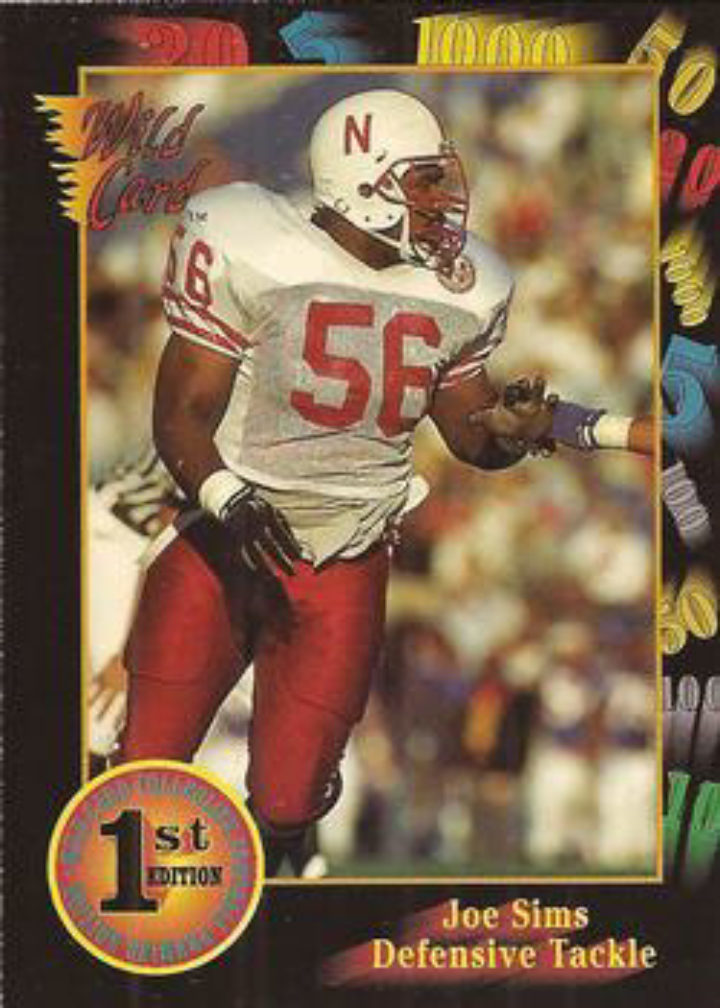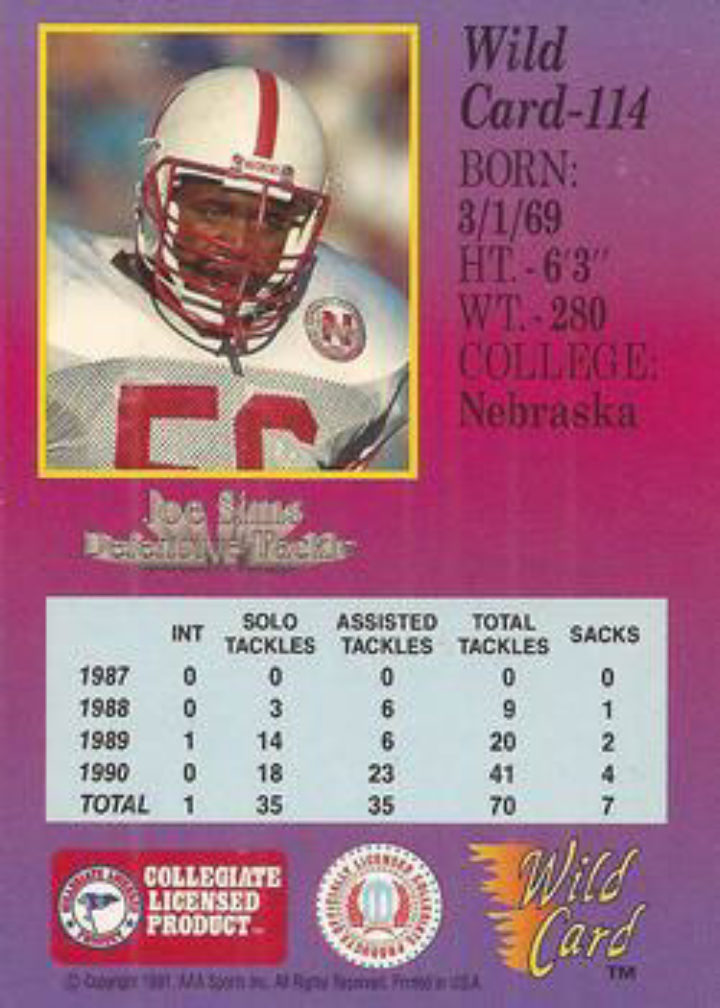Towards the end of my career, I went through a lot of orthopedic surgeries – I've had about 18 total. So, I was on a heavy amount of narcotic pain killers and I struggled with that.
I got into a car accident and crashed my back and my sternum pretty bad — It didn't look good. I had a bad taste of how football left me in my head for years, and I battled that. I still do – though I'm a lot better with it now. It caused a depression in me.
Looking back on it, I did it to myself. I struggled with it for years, I really did. I couldn't even watch football. I tried to blame the NFL for the way I felt. Transition was a serious life and death struggle for me.

